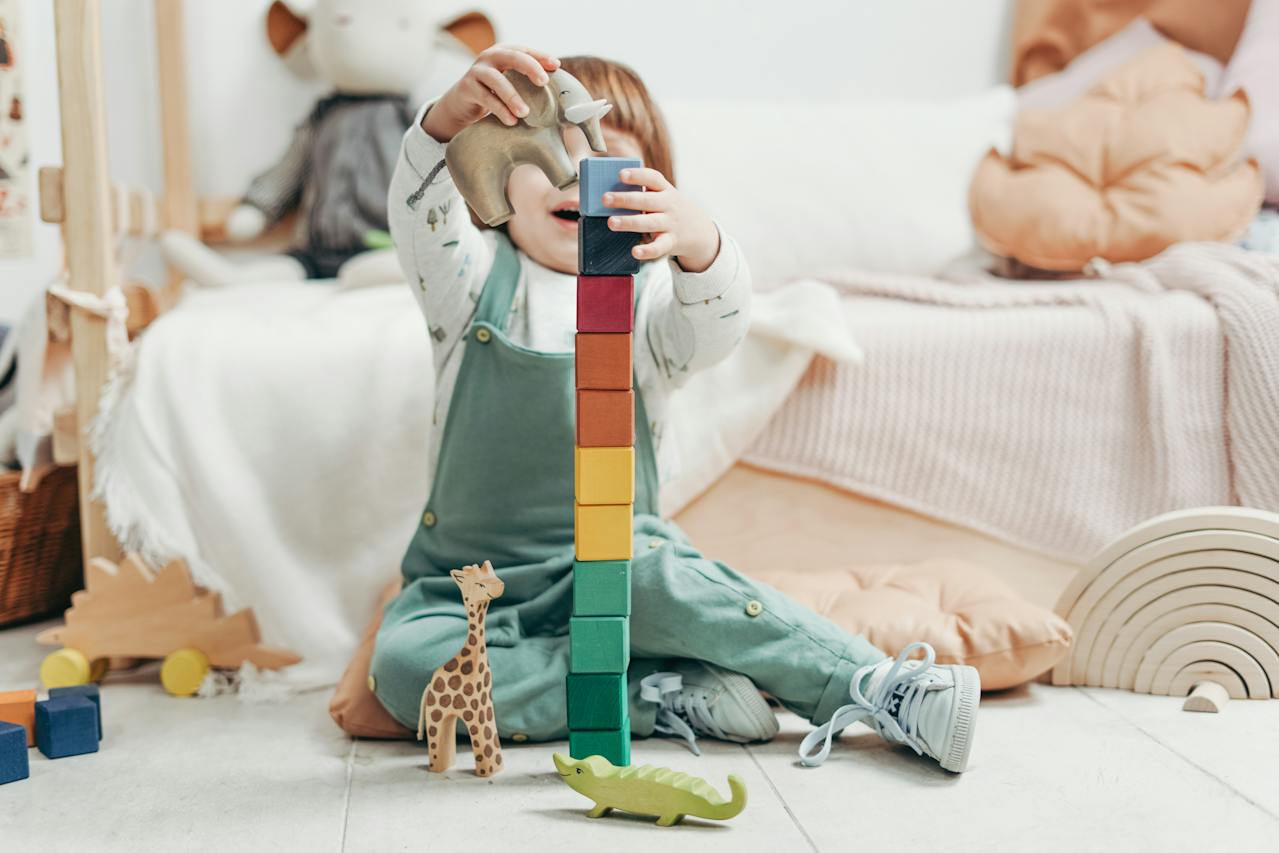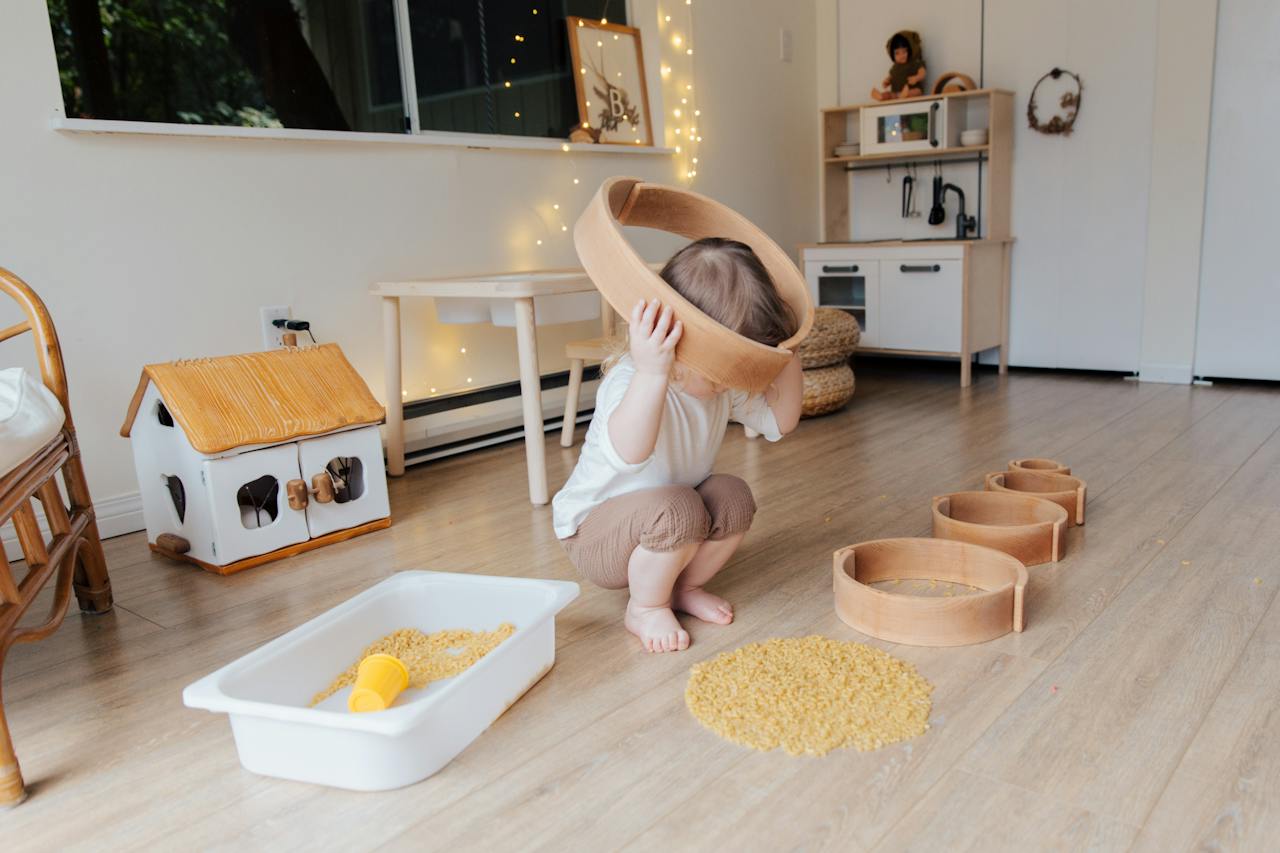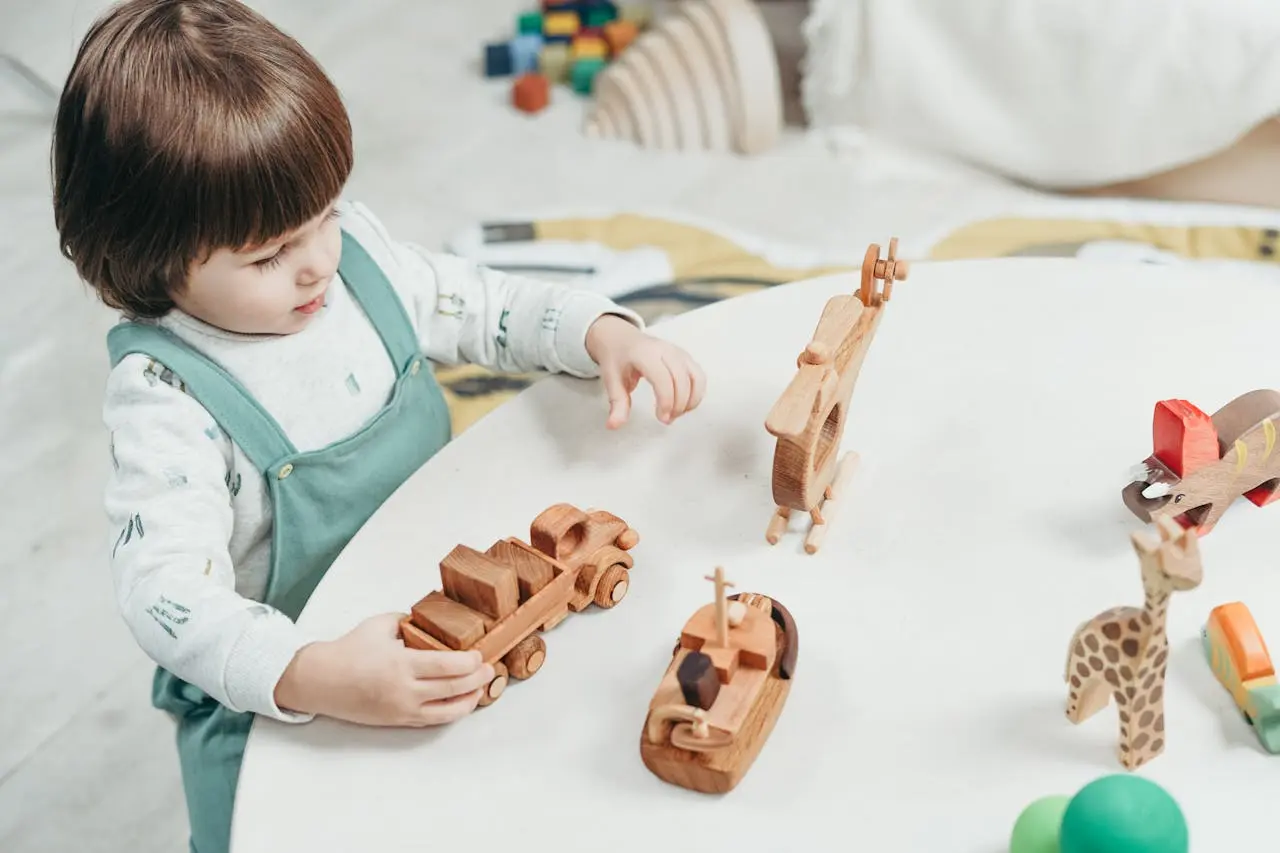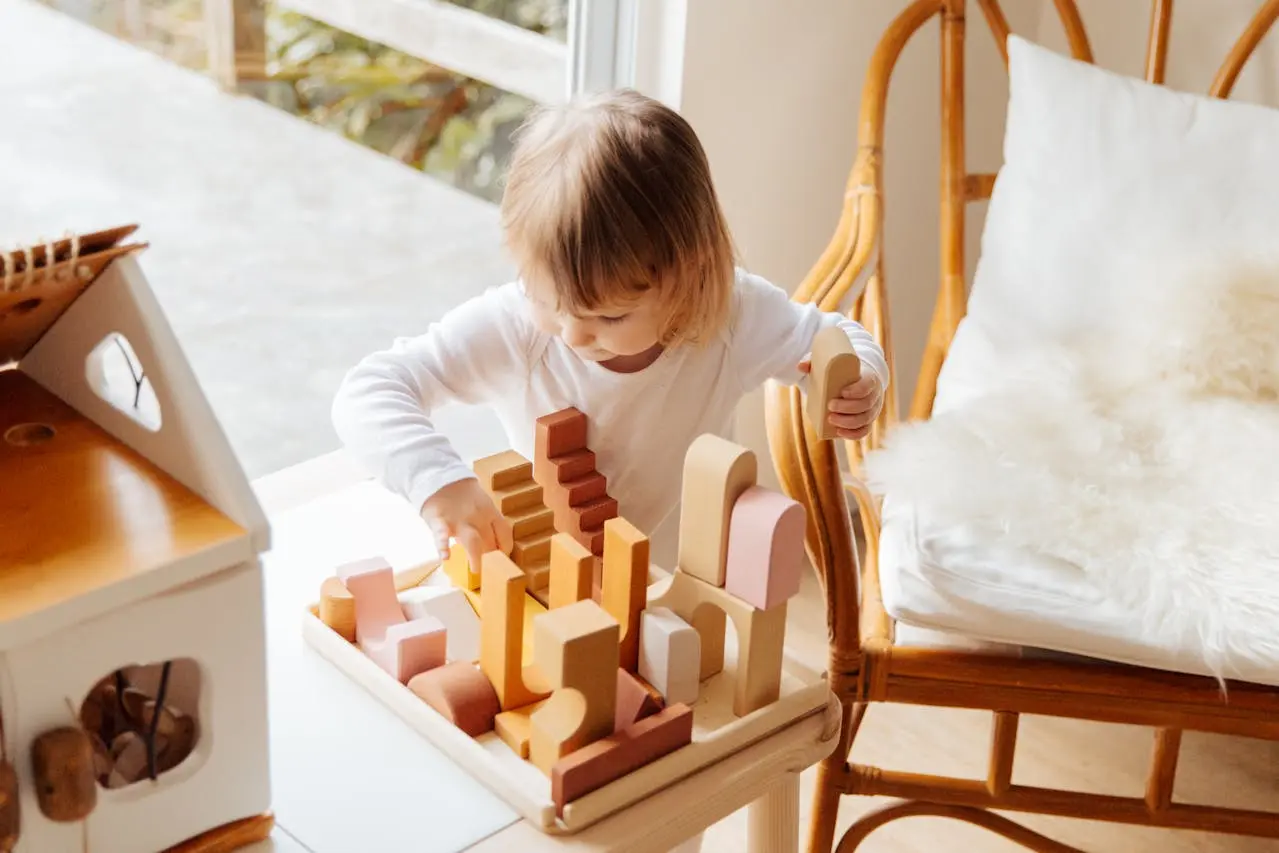Seeing your little one grow and develop is an awe-inspiring journey. Every day, they seem to change, whether it’s newfound abilities or adding to their vocabulary. It’s these minor achievements that pave the way for major developmental milestones. A huge part of your child’s development involves nurturing their fine motor skills. In this blog, we’ll look at how you can help your little one to fine-tune their motor skills and help them thrive.
What Are Motor Skills?
Your toddler will experience some pretty rapid motor skill development, leaving you wondering how they ‘grew up’ so quickly. Gross motor skills such as walking, running and jumping will advance, and fine motor skills such as grasping small objects, pen control and self-feeding will progress. And your little one’s improvements in coordination, balance and spatial awareness will support them in exploring and interacting with the world around them.
Gross Motor Skills
- Walking - allows children to explore, engage in play and interact with others.
- Running - promotes good physical health.
- Jumping - develops leg strength, balance and coordination.
- Climbing - builds upper body strength and enhances problem-solving skills.
- Kicking a ball - great for encouraging social interaction.
Fine Motor Skills
- Grasping - promotes hand-eye coordination and dexterity.
- Pincer grip - using the thumb and forefinger to pick things up increases control.
- Cutting with scissors - improves hand strength and bilateral coordination.
- Stringing beads - great for improving concentration.
- Building with blocks - promotes planning, creativity and precision.

Why It’s Important To Build Fine Motor Skills
Developing your child's fine motor skills is essential as it lays the foundation for a bright future. Strong fine motor skills increase your child’s independence because they enhance children's writing, drawing and self-care abilities. These skills also strengthen cognitive development, problem-solving skills and creativity so your child can confidently engage in lots of different activities and explore everything the world can offer them.
The following activities are ways you can help your child with the development of:
Hand-Eye Coordination:
- Catching and throwing balls
- Building blocks or Lego
- Puzzles and mazes
Cognitive Development:
- Reading and storytelling
- Board and memory games
- STEM (Science, Technology, Engineering and Mathematics) activities
Independence:
- Self-care tasks (dressing, feeding and personal hygiene)
- Allowing decision making
- Chores and responsibilities
School Readiness:
- Letter and number recognition
- Fine motor practice
- Socialising with peers
Problem-solving Skills:
- Puzzles and brainteasers
- Building structure and models
- Role-playing and pretend play
All these tasks help to fine-tune your toddler's fine motor skills because they refine their coordination, encourage critical thinking and build confidence.
Everyday Activities You Can Do To Improve Your Toddler’s Fine Motor Skills
To help your toddler improve their fine motor skills, there are some fun activities you can implement into everyday life. It’s best to begin with tasks that involve big movements because they’re simpler to learn. Playing with large toys, like pushing a toy car through a tunnel of books, will help your toddler gain better control over the movement of their body and how their actions affect other things.
If your child finds an activity a little tricky to begin with, it's important to give them the time and space to figure things out for themselves rather than jumping in to help straight away. This will boost their independence and make them feel a sense of self-accomplishment and self-reliance, which are superb skills for later in life.
Some examples of everyday activities you can do with your child include:
- Drawing and colouring
- Playing with Playdough or clay
- Stacking blocks or sticky bricks
- Pouring and transferring water/sand
- Stringing beads or pasta
- Using tongs or tweezers to pick things up
- Opening and closing containers
- Buttoning and zipping clothes
All these activities help promote the development of fine motor skills whilst being enjoyable for your toddler at the same time.
Outdoor Activities That Improve Your Toddler’s Fine Motor Skills
You don't limit yourself to indoors when helping your child to improve their fine motor skills. There are plenty of opportunities for you both to get outdoors, too:
- Nature/Scavenger Hunt - Encourage your child to collect leaves, twigs and stones. This refines hand-eye coordination and their observational skills.
- Sand/Water Play - Using buckets, shovels and water wheels promotes hand and finger control by building strength and dexterity.
- Chalks - Letting your child draw with chalk on the patio enhances their grip and wrist control - and it washes away with ease!
- Ball Play - Kicking, throwing and catching different size balls is a great way to improve coordination.
- Gardening - Planting seeds, digging and using gardening tools support the development of hand strength and precision.
- DIY Obstacle Courses - simple courses that involve crawling under, stepping over and balancing on are great for improving your child's overall understanding of how their body moves.
Getting outdoors with your little one helps not only improve their fine motor skills, it encourages exploration, creativity and physical fitness, too.
Enjoy The Journey
Helping your toddler to improve their fine motor skills is an exciting journey for you both. From painting masterpieces to becoming the next Ronaldo of the football world, each activity helps to enhance your child’s motor skills whilst providing them with enjoyment.
The enhancement of fine motor skills goes beyond handling small objects or neat writing - it helps to fill your child with confidence, gives them independence and improves their cognitive abilities too. These are the building blocks your toddler needs to tackle new challenges head-on, no matter where life takes them.
Improving fine motor skills and schematic play go hand-in-hand. You can read all about the importance of schematic play and how it helps your child’s development here…











